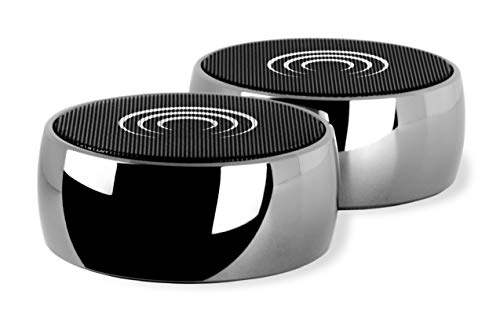Meditation enhances mental clarity, reduces stress, promotes emotional well-being, and fosters mindfulness, improving overall quality of life.
Meditation isn’t just about sitting quietly – it’s a powerful tool for transforming your mind and life. From Olympic athletes to busy parents, people worldwide use meditation to reduce stress, enhance focus, and cultivate inner peace. But what exactly makes this ancient practice so valuable in our modern world?

The Science-Backed Benefits of Meditation
Research shows meditation physically changes your brain. A Harvard study found that just eight weeks of meditation increases gray matter in areas linked to memory, emotional regulation, and self-awareness while shrinking the amygdala (the brain’s fear center).
1. Stress Reduction and Emotional Balance
Meditation acts like a reset button for your nervous system. It lowers cortisol (the stress hormone) by up to 30% according to studies. Regular practitioners report:
- Fewer anxiety symptoms
- Better emotional resilience
- Improved ability to handle challenges
2. Enhanced Focus and Mental Clarity
Olympic gold medalist Joe Clarke credits meditation for his ability to maintain razor-sharp focus during competitions. Meditation trains your attention like a muscle – studies show it can improve focus duration by 400%.

How Meditation Changes Your Brain Chemistry
| Brain Chemical | Effect of Meditation | Result |
|---|---|---|
| Dopamine | Increases by 65% | Improved motivation and pleasure |
| Serotonin | Boosts production | Better mood and emotional stability |
| Cortisol | Reduces by 30% | Lower stress levels |
3. Deepening Self-Awareness
Meditation creates space between your thoughts and reactions. As Buddhist teacher Trinlay Rinpoche explains, “It reveals the mind’s inner wealth so we no longer depend on external circumstances for happiness.” This awareness helps you:
- Recognize negative thought patterns
- Respond rather than react to challenges
- Develop greater emotional intelligence
Meditation for Physical Health
The mind-body connection is powerful. Research from the National Center for Complementary and Integrative Health shows meditation can:
4. Boost Immune Function
A UCLA study found meditators produce more antibodies after flu vaccines. The relaxation response triggered by meditation enhances immune activity at the cellular level.
5. Improve Sleep Quality
Harvard researchers discovered that mindfulness meditation reduces insomnia symptoms by 50%. By quieting the “monkey mind,” meditation helps you fall asleep faster and sleep more deeply.
Spiritual and Energetic Benefits
Many traditions use meditation for chakra balancing and spiritual growth. Combining meditation with tools like chakra stones or singing bowls can deepen your practice.
6. Enhanced Intuition
Regular meditation activates the prefrontal cortex, associated with intuition. Many report increased synchronicities and “gut feelings” after consistent practice.
7. Greater Compassion
Stanford research shows loving-kindness meditation increases empathy by 20%. As psychologist David DeSteno notes, “Mindfulness highlights our interconnectedness, naturally building compassion.”
Making Meditation Work for You
You don’t need hours of sitting. Start with 5-10 minutes daily. Try different styles:
- Mindfulness (focus on breath)
- Body scan (progressive relaxation)
- Mantra (repetition of sacred sounds)
- Walking meditation
As the Mindful organization emphasizes, consistency matters more than duration. Even brief daily sessions create profound changes over time.
The point of meditation isn’t perfection – it’s showing up. Whether you seek stress relief, better focus, or spiritual growth, this ancient practice offers tools for modern challenges. Your mind is the most powerful instrument you possess. Meditation helps you play it masterfully.
